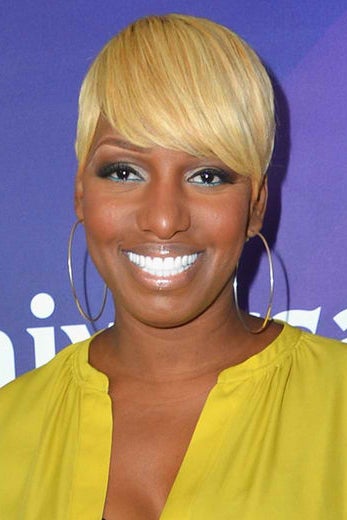

But what Bumble is really selling is a sense of control over the mysterious alchemy of human relationships. Like some other dating apps, the company makes its profit through subscriptions and in-app purchases that allow users to boost the reach of their profiles, extend the clock on their matches (most expire after 24 hours) and go back to options they might have missed. Wolfe Herd once told me she wanted Bumble to be “ Facebook, but for people who don’t know each other yet.” A month after the IPO, it’s valued at more than $14 billion, and last year it hauled in $582 million in revenue with a 26% profit margin.

It employs more than 420 “brand ambassadors” across more than 100 college campuses and is planning to open Bumble-themed coffee shops after the pandemic. And at a moment when most tech executives are making excuses for why they can’t be held responsible for the behavior on their platforms, Wolfe Herd is the rare tech titan who sees her company as a tool for shaping how people behave, online and off.īy that February morning in Austin, Bumble was a dating app, a business-networking bazaar and a friend-finding tool that has engineered 8.6 billion connections among tens of millions of users in 237 countries since 2014. She’s one of the last millennial women CEOs standing after the backlash to “girl boss” feminism. Wolfe Herd occupies the middle of a Venn diagram of the ongoing national reckoning with sexual harassment and the push to regulate human behavior on the Internet. I engineered an ecosystem of healthy male relationships in my life.” “I’ve never had this healthy male relationship until I created it. “Honestly, my ambition comes from abusive relationships,” Wolfe Herd told me the night before the IPO, in her suite at Austin’s Commodore Perry Estate. In an online dating landscape where women–and particularly women of color–are routinely bullied and harassed, Wolfe Herd set out to build the closest thing to a safe space for digital romance. It’s why Wolfe Herd designed the app so only women can send the first message when users match on the platform. “Why am I cleaning up somebody else’s drama? Women are always cleaning up somebody else’s mess.”Įxcept that mess–her history of toxic relationships, the misogyny of tech–is exactly why Bumble exists. I’m f-cking done,” she says, leaning back against a cardboard placard of the company’s brand-new stock listing, BMBL, which had just jumped 63% to $70 a share within hours of the Feb.

On the day she was supposed to be talking about her empire, Wolfe Herd found herself describing the men she had endured before building it. Much of the coverage focused on her experience years ago as a co-founder at the dating app Tinder, where Wolfe Herd was allegedly harassed by an executive who was also her boyfriend, got dumped and ousted from the company, and went on to sue for sexual harassment. Her success at Bumble, billed as the dating app where women “make the first move,” had cast her as the Kill Bill of the tech world: a yellow-clad woman seeking vengeance after men tried to bury her. But Wolfe Herd, 31, was also annoyed at the way her story was being told. Part of it was the stress of the initial public offering (IPO), a moment she had imagined for so long that it felt almost as surreal as her wedding day.


 0 kommentar(er)
0 kommentar(er)
